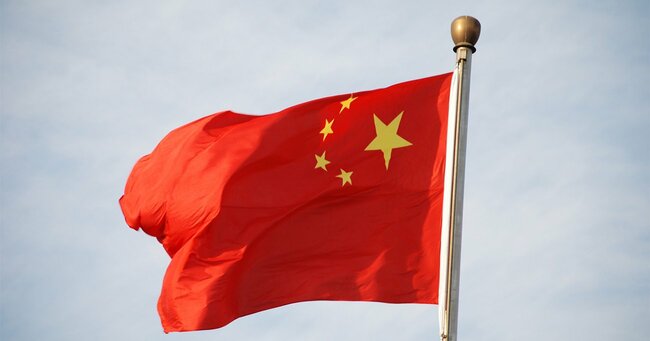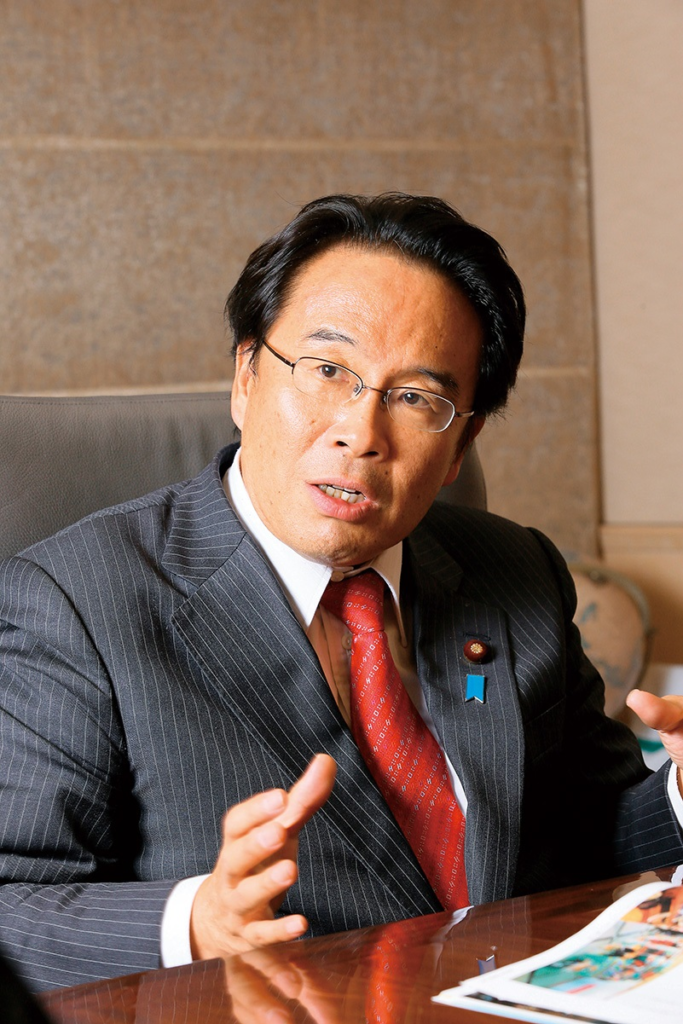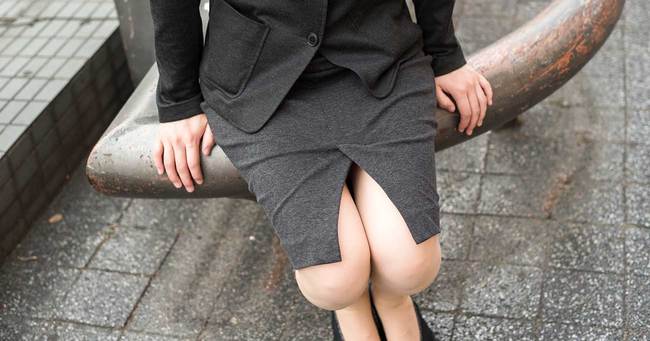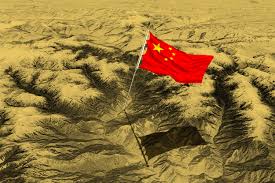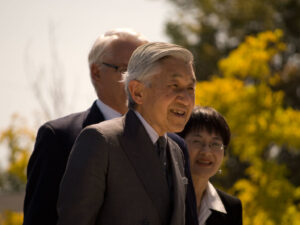Hideo Tarumi, the Japanese Ambassador to China, held a press conference at the Japanese Embassy in Beijing on April 4 in anticipation of his forthcoming departure. The U.S. State Department has set the alert level for travel to mainland China at “3,” the second-highest of four levels, to coincide with the July enforcement of the revised Anti-Spying Law. However, the danger level for Japan is “zero. Former Minister of State for Abduction Issues Hitoshi Matsubara (a member of the House of Representatives, independent) questioned this situation and submitted a written question, but the government’s written answer was “Zero response. Will this be enough to protect the safety of the Japanese people? Mr. Tarui, who will return to Japan on November 6 after completing his three-year mission, met with a male employee of the consulate for the first time as ambassador in late November. At the press conference, he said, “I felt it necessary to convey my apologies for not being able to help during my term of office, and I felt it was the way of the people. Regarding Japan-China relations, he noted that “it is normal to have differences in positions and friction, and there is no need to be afraid of that. The more friction and disagreements there are, the stronger the communication in Japan-China relations must be. In July, China enacted a revised anti-espionage law, which now covers the provision, theft, and purchase of “documents, data, materials, and goods related to national security and interests,” in addition to the provision of “state secrets” as in the past. The definition of “national security” is also unclear, and countries are increasingly concerned that their nationals residing in China will be arbitrarily arrested. At the end of June, the U.S. State Department raised the travel advisory level for mainland China, Hong Kong, and Macau to “3 (Reconsider Travel). The reason given was “the risk of arbitrary enforcement of local laws and illegal detention. The previous level was “2 (heightened caution). On the other hand, the Japanese Ministry of Foreign Affairs’ “Danger Information” warns that “you may not only be detained for a long period of time by the national security apparatus, but also face imprisonment or other penalties if convicted in court,” but the main part of China is not included in the four danger levels. Matsubara does not hide his indignation at the great discrepancy between the danger information in Japan and the U.S. “In the past, I have criticized China in Japan,” he said. If someone who has criticized China in Japan in the past travels to China, he or she may be exposed as an example, or may be unilaterally treated as an “important secret” even in business dealings. Pandering to China is questionable and makes one wonder if the pro-China faction of the Ministry of Foreign Affairs has hidden power. Japan has no power to impose economic sanctions, nor can it take steps to sanction human rights abuses in China. At the very least, the danger level should be raised,” he blackmails. In November, Matsubara submitted a written “Statement of Questions” to the Cabinet, asking four questions, including “Do you believe that there is a danger of unjust detention of Japanese citizens? In its written answer dated January 1, the government stated that it was not in a position to answer these questions because they were based on the views of the U.S. State Department or the U.S. government. Citing the Ministry of Foreign Affairs’ hazard information, the government responded, “We are currently alerting Japanese nationals who are traveling to and staying in the United States. In response to the response, Mr. Matsubara said, “They don’t care about Japanese people. They are too careless. We are left wondering why they cannot raise the level of danger while issuing a warning comment. If sanctions cannot be imposed, they should at least issue a warning. If we continue to make disciplinary measures against China, we may become isolated from the international community,” he emphasized. At least 17 Japanese nationals are believed to have been detained since 2015, including a male employee of Astellas Pharma Inc. Tomoko Ako, a professor of contemporary China studies at the University of Tokyo, commented, “Japanese universities often base their policies on the Ministry of Foreign Affairs, and as someone who has students there, I am concerned. Listing detailed precautions may be difficult in some respects because they may touch on sensitive security issues, but I think it is necessary to raise the level of caution. Another option would be to negotiate with China by presenting actual cases of detentions and arrests. Japan’s inability to conduct independent investigations and make independent judgments is a fundamental problem. Evening Fuji
